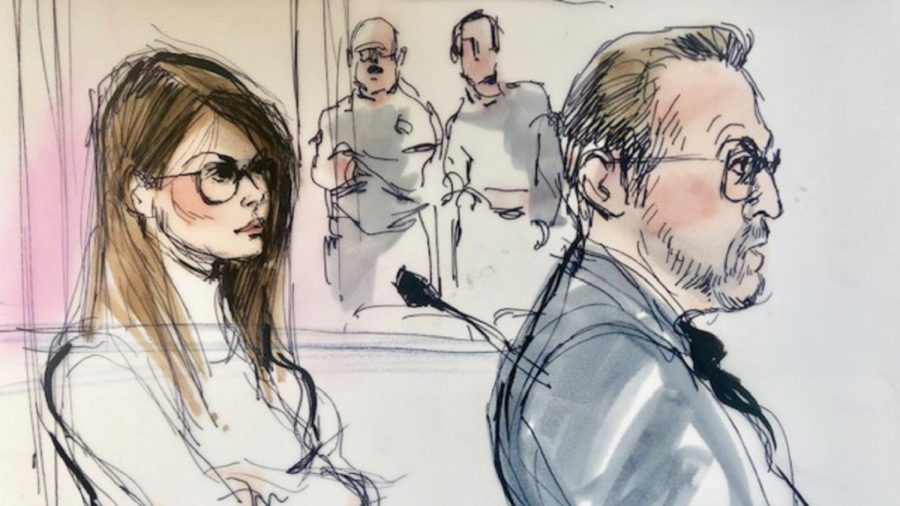Lori Loughlin, Felicity Huffman, and other parents indicted in the nationwide college bribery scheme may have to pay tens of thousands of dollars to the Internal Revenue Service (IRS) in addition to whatever sentences they receive if convicted.
The parents are accused of giving fraudulent donations to a nonprofit run by William “Rick” Singer in exchange for having their children designated as athletic recruits to get into elite colleges.
Singer pleaded guilty to orchestrating the scheme and, cooperating with federal prosecutors, called the parents and told them he was under investigation by the IRS.
In many cases, the recorded calls buttressed an already strong case against the parents.

When Singer called Loughlin in November 2018, for instance, she implicated herself in the scheme, according to records published in the indictment.
“I wanted to make sure that you knew, as well, if they happened to call you, is that nothing has been said about the girls, your donations helping the girls get into USC to do crew even though they don’t do crew,” Singer told her.
“So we—so we just—so we just have to say we made a donation to your foundation and that’s it, end of story,” Loughlin responded. She later confirmed that it was the IRS that would call, as opposed to officials from the University of Southern California, where her daughters were admitted after she and her husband allegedly paid Singer $500,000.
Experts said that IRS investigators would be keeping a close eye on the case and would likely hit the parents with stiff financial penalties and the IRS confirmed that it is looking into the donations parents gave to Singer.

In addition to paying back the taxes they owe, parents could get hit at a minimum with a 20 percent penalty for claiming a deduction when they shouldn’t have, said Lloyd Hitoshi Mayer, a professor at the University of Notre Dame Law School. Some could be on the hook for a civil tax fraud penalty that’s equal to 75 percent of the amount they underpaid, Mayer said.
“Certainly the exchanges that [Singer] had with those parents are enough to support a fraud penalty,” he said.
Some parents are accused of paying Singer’s charity through their own family foundations, which could face their own set of civil penalties and lose their tax-exempt status, experts said.
Key Worldwide Foundation should have reported to the IRS all contributions over a certain threshold, said Meghan Biss, who spent a decade with the IRS before joining Caplin & Drysdale.
That means that in addition to clawing back taxes from the parents who’ve been charged, the IRS will likely be going through those names to determine whether the other donations were legitimate, she said.

Though prosecutors outlined the tax deduction scheme when the parents were arrested last month, none of them have been charged with tax evasion. Some experts suspect officials are holding the additional charge, among others, over the parents in an attempt to convince them to quickly plead guilty.
To convict them of tax crimes, prosecutors would have to prove that they not only purposely underpaid but knew they were breaking the law when they did. It may be a difficult sell, but parents could try to argue that their statements on the phone calls don’t prove that they knew the deductions were illegal.
Loughlin, her husband Mossimo Giannulli, and fellow actress were scheduled to appear in federal court in Boston on April 3. They face up to 20 years in prison on top of fines and financial penalties, but other experts said they’re unlikely to actually get time in jail, suggesting probation and a fine is the more likely outcome.
“If the parents are well represented, it is reasonable to expect that possibly none will go to jail,” said former federal prosecutor Jacob Frenkel. “These are not the type of offenses for which judges exercising their discretion would normally put people in jail.”
The Associated Press contributed to t his report

